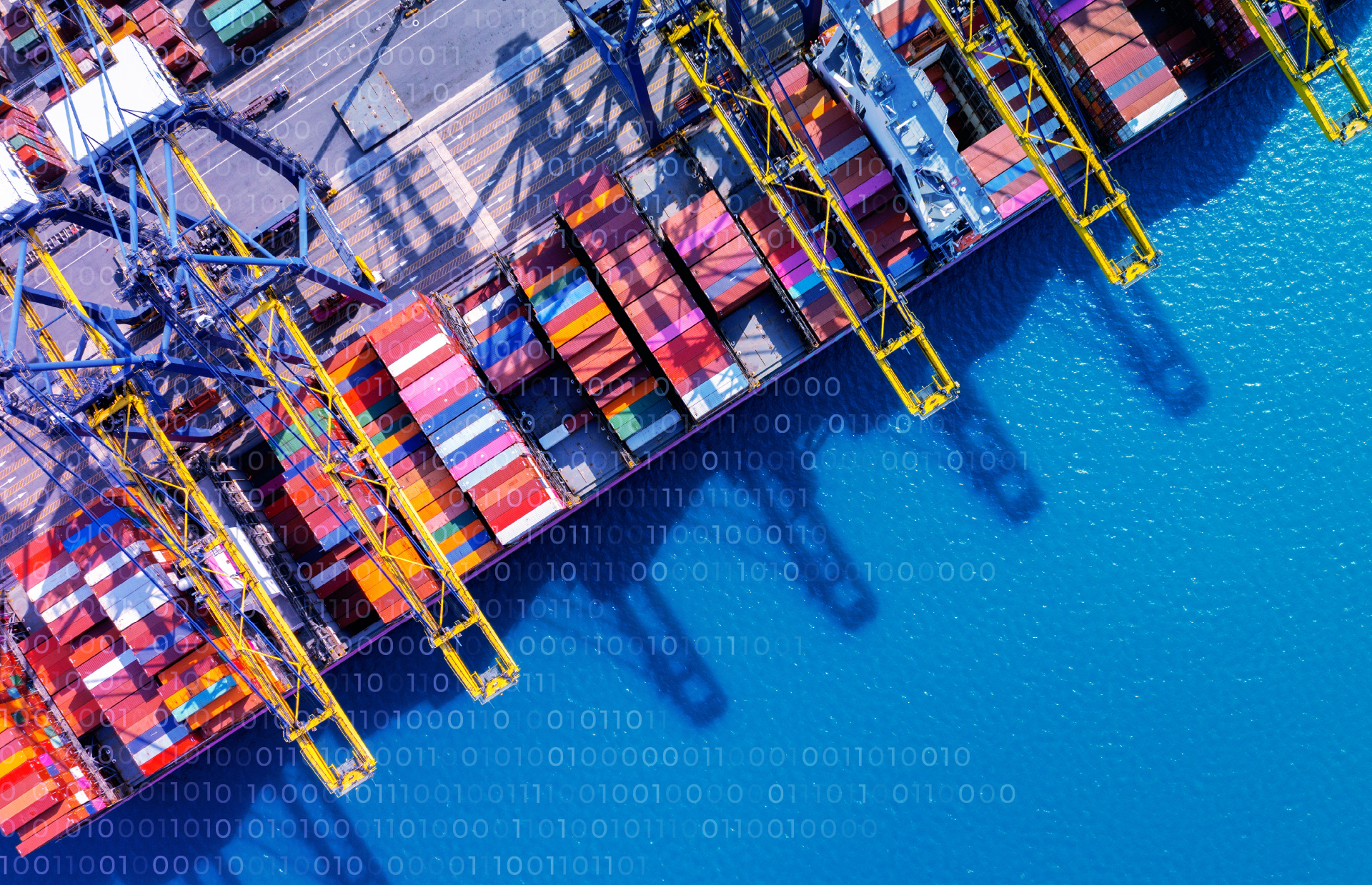
Unlike their Chinese and American counterparts, the European competition authorities generally keep out of the commercial problems of the container shipping business. It is time no doubt to change this for the benefit of European Union trade.
In China and the United States, the authorities responsible for the regulation of shipping have begun analysing the practices developed by the operators of regular shipping lines since the start of the Covid-19 pandemic. They are looking to evaluate Containers: shipping lines no longer ''regular''.
In a communiqué published in September, the United States' Federal Maritime Commission made its position clear. "If there is any indication of carrier behavior that might violate the competition standards in section 6(g) of the Shipping Act, the Commission will immediately seek to address these concerns with the carriers," it said. Earlier this year, the FMC also intervened on the issue of storage, demurrage and detention cost, to clarify its position through a text that came into effect on May 18, 2020.
According to the Journal of Commerce, the Chinese authorities told the leading shipping companies to introduce additional capacity and take a "less aggressive" approach on freight rates increases in the Transpacific trades. China and the United States have clearly taken up position, therefore, to defend the interests of shippers…and, by the same token, their own international trade volumes.
Europe's silence
Europe, on the other hand, has remained silent on these issues. In March 2020, with the epidemic well under way, the European Commission confirmed that it was extending the liner shipping consortium exemption from its anti-trust provisions for four years on the grounds that the conditions which justified it still prevailed. The commission's benevolence towards the shipping companies provoked protests from shippers and forwarders but no change of course.
Since then, the commission has said nothing about recent market developments. The record results announced by the shipping companies in 2020, which are without precedent in recent maritime commercial history, are nevertheless starting to cause serious exasperation.
The dangerous priority given to "greening"
What is the explanation for this silence? Firstly, from a historical point of view, trade is not central to Europe's maritime concerns. European maritime culture is dominated by fishing, which over time has become the focus of energy, debate and maritime governance at European level. The Brexit question, which poses particularly difficult questions in this area, has reinforced this central concern.
Additionally, the European Commission has long made a show of being non-interventionist on market issues. Its free trade political line could be described as out of date, however, in the trade war conditions which have applied in recent months.
In a certain sense, it would seem that the EU is looking the other away. As shipping companies' customers raise urgent concerns about soaring freight rates and port call cancellations, the European Commission prefers to talk about medium and long-term issues such as the need to "green" the industry. And the European Parliament is on the same wavelength.
Of course, initiatives to speed up greening have their place in public policy which needs to guarantee the sector's viability and its public acceptability. But the EU's silence on immediate business concerns raises question, as does the difference it is showing on these questions in relation to China and the United States. These two great powers clearly claim the right to exercise economic governance and impose a regulatory framework over maritime trade, which is not really the case for the EU.
A European FMC?
Creation of a European regulatory authority for the shipping sector deserves to be given serious consideration for several reasons.
- Clearly, there is an urgent need for the EU to drop its current innocent approach to shipping. Transport is not simply a way of moving goods. It is a component of strategic independence. The sub-title used by the Federal Maritime Commission to explain its role is instructive in this sense: "Competition and integrity for America's ocean supply chain."
- Europe needs to affirm common principles to counter bilateral initiatives like the 17 + 1 agreement between China and Central and Eastern European countries, to keep control over trade data and improve security checks on incoming and outgoing goods.
- The unique nature of Brexit and the possibility that the United Kingdom could soon become a third country represent an argument for creating a European maritime commission if only to ensure that Irish maritime trade is kept under EU control.
- Finally, for shippers, the maritime commission would provide protection and a counterweight against abusive commercial practices on the part of the shipping companies. It would enable non-contractual commercial relations to be clarified and regulated in a spirit of equity and transparency for the contracting parties. We are thinking, notably, of the never-ending problem of terminal storage, demurrage and detention fees.
Let us be clear. There is no question here of us suggesting that such a commission should take control of the market. It nevertheless seems to us indispensable that an equitable, transparent and supra-national regulatory body should be set up. Such a body would serve as an instrument of European economic patriotism and could help to create a new balance of power between the parties concerned. Europe's survival as an economic power depends on it on an international chessboard currently dominated by Chinese-American relations.

Jérôme de Ricqlès
Shipping expert
Our latest articles
-
Subscriber 3 min 13/02/2026Lire l'article -
2025 review of air cargo and outlook for 2026
Lire l'article -
Outlook 2026: Stable growth and rising risks
Lire l'article


